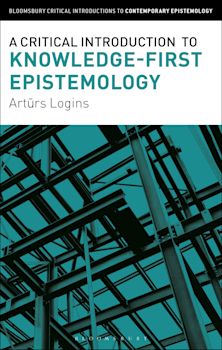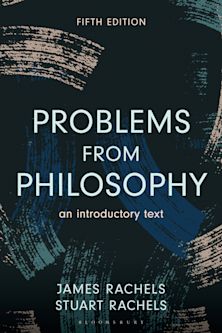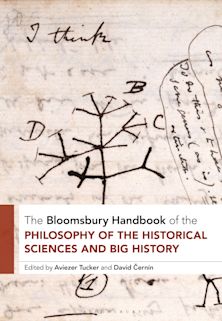This product is usually dispatched within 1 week
- Delivery and returns info
-
Free US delivery on orders $35 or over
Description
Land is at the centre of crucial public debates ranging from climate adaptation to housing and development, to agriculture and indigenous peoples' rights. These debates frequently become stuck, though, because the meaning of land in different contexts is poorly understood. Bringing together specialists of epistemology and land, this open access book is a landmark contribution to understanding land knowledge as a complex factor in these debates.
Land has been known in astonishingly different ways throughout history, but in recent decades one particular understanding of land as commodity has become increasingly hegemonic globally. This understanding has enormously destructive effects, not only for many people and animals living on and from the land that is increasingly grabbed for extractivist purposes, but also for possible imaginations of how humans can relate to land in the future.
In Epistemologies of Land, scholars reconstruct how the understanding of land has come to be reduced to “land as commodity” historically, what the consequences of this epistemological transformation have been, and what alternative ways of understanding land could help establish intellectually abundant and ecologically sustainable ways of relating to the land we live on. Particularly, the book shows how a change in perspective – thinking society through land – can lay the foundation not only for knowing more about land, but for a different kind of environmental and social knowledge that could recover forgotten wisdom of how humans and animals have historically related to land, and by that transform the ways in which land contributes to our daily life beyond its diminished meaning as an economic resource.
Contributors include: Eloisa Berman Arevalo, Shailaja Fennell, Inanna Hamati-Ataya, Katarina Kusic, Maarten Meijer, David Nally, Sakshi, Leo Steeds, and Anna Wolkenhauer.
The ebook editions of this book are available open access under a CC BY-NC-ND 4.0 licence on bloomsburycollections.com. Open access was funded by European Research Council (ERC).
Table of Contents
Part I: Commodifying (Knowledge of) Land
Chapter 1. The Land Organism: On the Multispecies Commons and Its Enclosure, David Nally
Chapter 2. Land as Capital: a Genealogy through the Birth and Development of Economic Thought, Leo Steeds
Chapter 3. Of ‘False Economies’ and ‘Missing Markets’: An Essay in three acts, Shailaja Fennell
Part II: Contesting Land Knowledge through Alternatives
Chapter 4. Stories at “Land’s End”: Emplacements and Displacements of Black Women's Land Epistemologies in the Colombian Caribbean, Eloisa Berman Arevalo
Chapter 5. What's in a land grab? Knowing Dispossession and Land in South East Europe, Katarina Kušic
Chapter 6. Land in Courts: Registers of Memory, Sovereignty, and Justice, Sakshi
Part III: Knowing and Unknowing Land
Chapter 7. Knowing and Unknowing the Countryside – Epistemological Implications of Rural Social Policy in Zambia, Anna Wolkenhauer
Chapter 8. On the EU’s Epistemologies of Soils’ Resourcefulness, or: Why Land and Soil Are Not the Same, Maarten Meijer
Chapter 9. From Epistemologies of Land to the Lands of Epistemology: Being and Becoming in the Agrocene, Inanna Hamati-Ataya
Index
About the Contributors
Product details
| Published | Jan 31 2024 |
|---|---|
| Format | Hardback |
| Edition | 1st |
| Extent | 198 |
| ISBN | 9781538176443 |
| Imprint | Rowman & Littlefield Publishers |
| Illustrations | 1 Table |
| Dimensions | 9 x 6 inches |
| Series | Global Epistemics |
| Publisher | Bloomsbury Publishing |
Reviews

OPEN ACCESS
Bloomsbury Open Access
Read and download this book free of charge from Bloomsbury Collections.



































